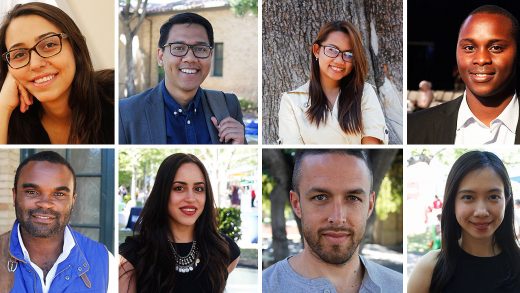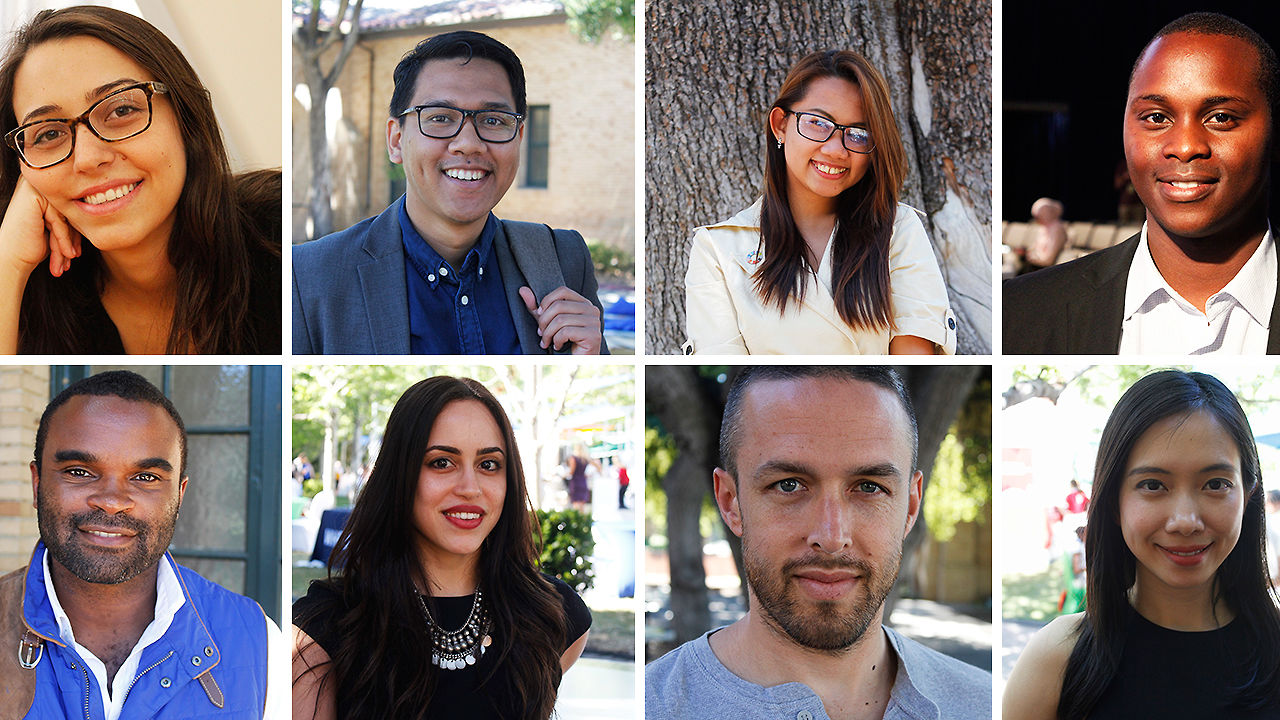Meet The Entrepreneurs Building The World’s Startups
Over 700 entrepreneurs from 170 countries and territories were invited to the U.S. State Department’s annual Global Entrepreneurship Summit, held this year at Stanford University from June 22-24. The summits work to increase the level of entrepreneurial initiatives overseas, as a way of promoting democracy, increasing prosperity, solving tough problems, and countering violent extremism.
Applicants go through a rigorous vetting process: 5,000 people applied for the coveted spots at this year’s conference. Only the most promising were selected. “The world needs your creativity and your energy and your vision,” President Obama told the delegates in a keynote address. While Silicon Valley often thinks of itself as ground zero for startups, it’s clear from Fast Company‘s conversations with the delegates that communities elsewhere are catching up—and might even overtake the U.S. in some areas.
Here are a few of the rock stars you should know.
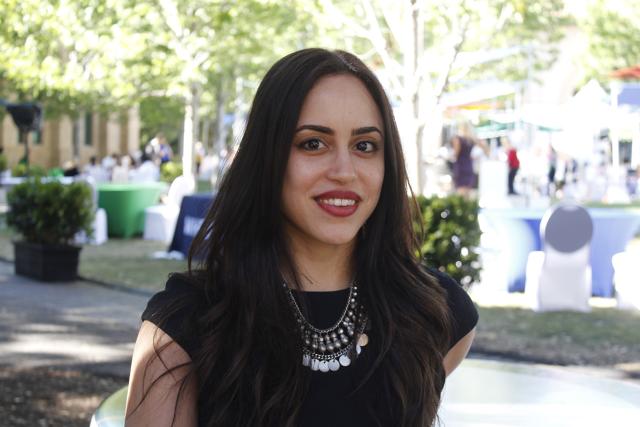
Marwa Moaz, 31
Egypt
Bamyan Media & El Mashrou3
The Dream: To revolutionize the TV industry. Starting with the Arab world, but hopefully in other parts of the world too. I’ll feel like we’ve made it when we start seeing other edutainment programs. Today, when I see other TV networks in the Middle East doing a copycat version of our show, I’m like: Go ahead, steal it. Because they’re also having an impact.
Impact of the Arab Spring: We don’t even have the word “entrepreneur” in the Arabic language. Here [in the U.S.], at least people understand it. We’re still not there yet, but it’s coming. The Arab Spring was not just a social or political revolution or awakening, so to speak. It was also an entrepreneurial spring. The subsequent unemployment that was a result of the Arab Spring really forced people to explore their entrepreneurial spirit.
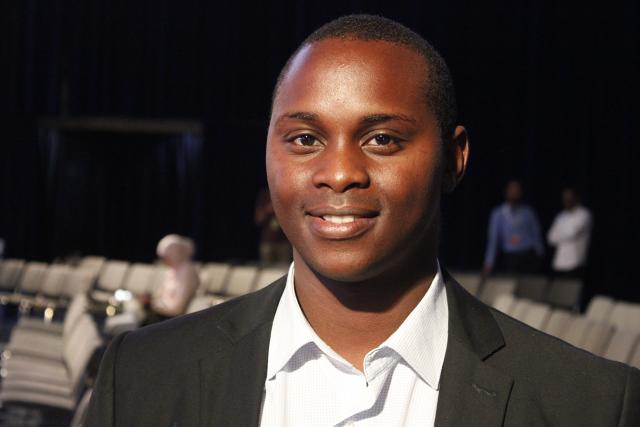
Elia Timotheo, 26
Tanzania
East Africa Fruits
Hero: Jeff Bezos. Amazon passed through a very difficult time when scaling up. The fact that they had been operating for 15 years with no profits helps me understand that, in the early stages, I shouldn’t be motivated by my company’s profitability, but that I should be motivated by the way we serve people and the way people appreciate our services.
The Dream: We want to be the largest aggregator and distributor of frozen vegetables all over Africa. We’ve already mapped a plan where we can expand our operations to sub-Saharan Africa, Asia, and the Middle East.
On being an entrepreneur in Tanzania: It’s a lot easier to be an entrepreneur in the U.S. than in Africa. It’s hard to get capital, mentors, and incubators—the things that help you start a business and move forward. So Africans have to go outside. We went to an accelerator program in Washington, D.C., called Fledge. That’s where we met one of our investors.
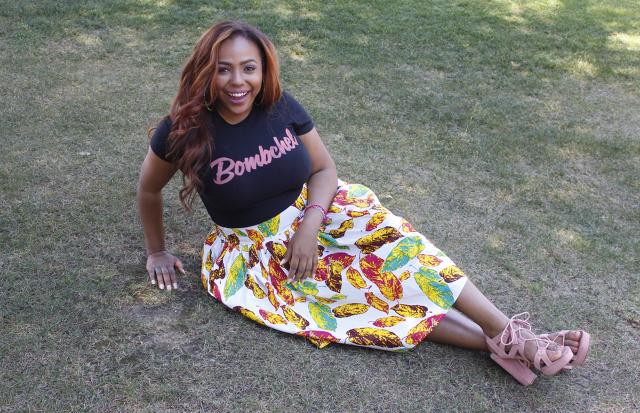
Archel Bernard, 28
Liberia
Bombchel
The Dream: Ten years from now, I want the women that I’m training now to be my competition. There should be a ton of factories in Liberia. All the natural resources that Liberia has—rubber, iron ore, oil—we’ve seen them come and go. The one thing Liberia will always have is people. We can teach those people a skill and create something great. We could be the retail center of West Africa.
Inspiration: I got a copy of Shonda Rhimes’s book The Year of Yes. So I said I was going to say Yes to everything that comes my way. At the beginning of the year, we wanted to do a Kickstarter campaign, but they didn’t want to serve Liberia, so we made it work by shipping from Atlanta. Then I emailed anyone I could think of, and that led to an article in the New York Times, which led to us doubling our Kickstarter goal. Anything I’ve said yes to has come.
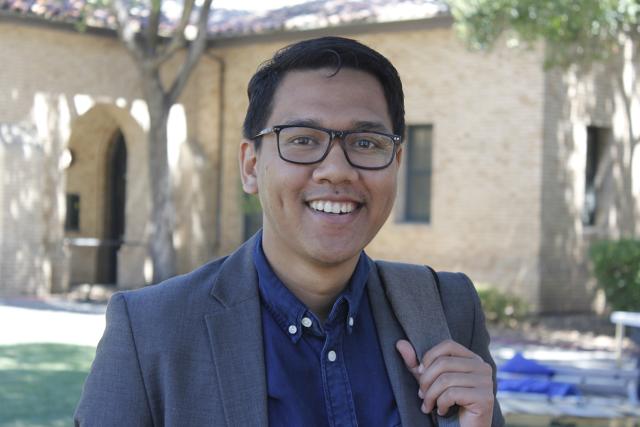
Iman Usman, 24
Indonesia
Ruangguru.com
Notable: Started a business in high school selling Harry Potter items online.
The Dream: We want to be the largest education and technology company, not only in Indonesia, but in Southeast Asia. If you look at the region, there are so many things where we lag behind, like access to resources and the quality of teachers. (Ruangguru.com is currently Indonesia’s largest online marketplace for private tutoring and group classes.)
How the Global Entrepreneurship Summit helps: The most valuable thing is access to networks. There are so many people here, and they’re highly selected. We can learn from each other and find out what’s happening elsewhere. My company is not the first one to do what we’re doing, so there’s always someone who’s done it before us, though maybe in a different context, but there’s a lot we can learn from them.
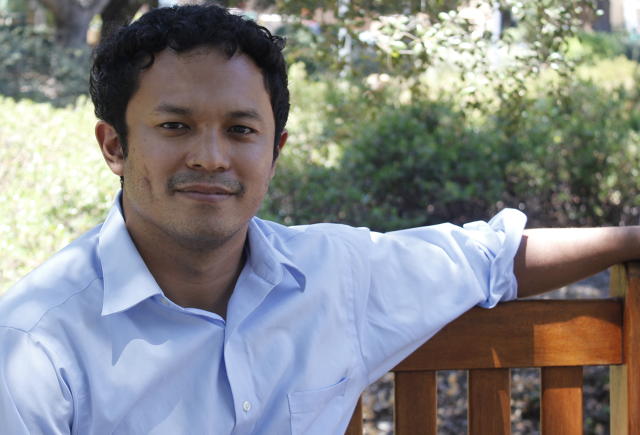
Michael Lwin, 32
Myanmar
Koe Koe Tech
Former: Anti-trust lawyer at Arnold & Porter, Lecturer at the Peking University School of Transnational Law
The Dream: We want to create sustainable, scalable products and services that wind up saving and improving many lives in Myanmar.
What places like Silicon Valley need to understand about the rest of the world: Android smartphones are used by 80% of the developing world. But Google Play [the Android app store] requires an email login. Very few people in the developing world use email. They passed it. It’s archaic. They jumped straight to chat apps—WhatsApp, Viber, WeChat—because it’s a more efficient way of communicating. So people in the global south can’t download apps from Google Play. Tech companies that have a lot of money and a lot of resources still don’t understand fundamental things about the rest of the world, which is most of the world.
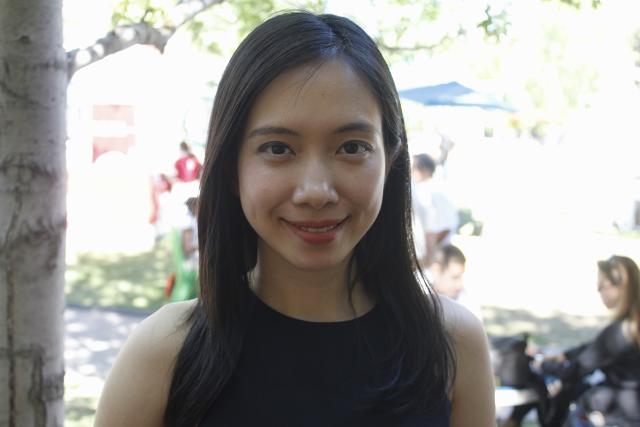
Michelle Sun, 29
Hong Kong
First Code Academy
Former: Equity analyst at Goldman Sachs
The Dream: We want to teach as many kids to code as we can. And, at the same time, build a company that people genuinely love working at.
What would surprise people about entrepreneurship in Hong Kong and Singapore (where her company has a second office)? How fast it’s developing. Both markets are really small compared to bigger countries in the region or the States. That’s a benefit. People are able to move very fast. Both cities are full of very efficient people who are executors. In terms of building a team, we were able to find people who are really excited about getting things done.
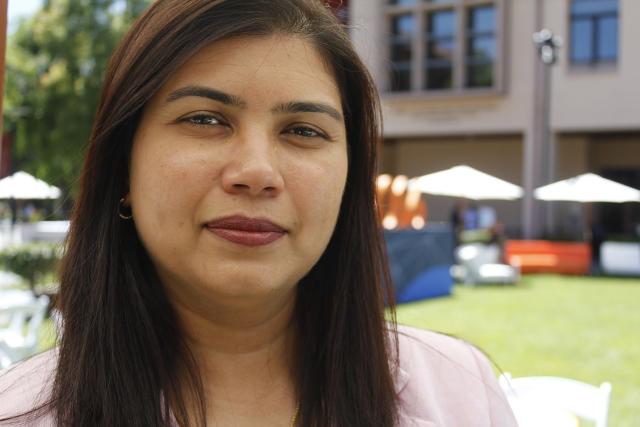
ElsaMarie D’Silva, 42
India
Safecity (Red Dot Foundation)
Former: Twenty years in aviation, starting as a flight attendant and working her way up to vice president of network (air route) planning. “I made a career switch 3½ years ago after the horrific rape in Dehli.”
The Dream: A world where we don’t have any kind of violence based on gender. One in three women around the world experience sexual assault at least once in their lifetime. Most of this happens to girls before they reach 16. And yet 80% of us refuse to talk about it. This is unacceptable.
Revenue Streams: As a not-for-profit, we don’t have a product to sell. We provide services: We enable reporting on sexual violence. But in India, you can’t access CSR funds from corporations until you’ve been operating for three years. So we do workshops for corporations on sexual harassment at the workplace. We do school workshops for children and parents on child sex abuse, and we get sponsors. It’s because of my corporate background that I’ve been able to find these innovative ways to develop revenue streams.
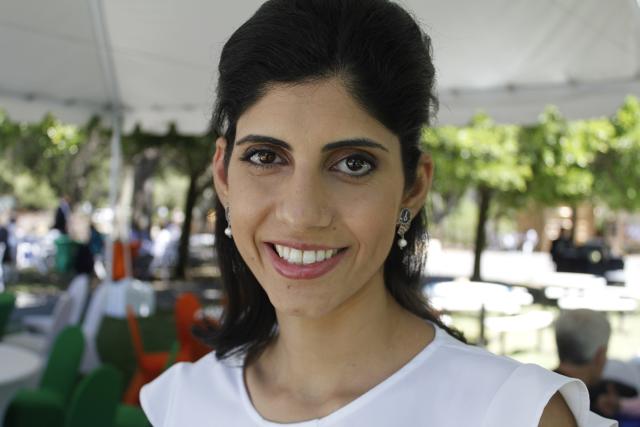
Sima Najjar, 33
Jordan
Ekeif.com
Notable: Started 3 businesses before turning 30.
The Dream: To make Ekeif.com the hub of “how to’s.” Like Instagram for Arabic “how to’s.” Arabic content is only 1% of the Internet. That’s why there’s a huge need. People just want to interact in their own language.
Changing attitudes to entrepreneurship in Jordan: When I started my first company, people saw [entrepreneurship] as something bad. Now they’re excited about it. It’s because of globalization. They’re seeing that you can build something. It can grow. You can be the next big thing. Where we are now is that people think it’s easy to build something, and then they learn it’s not.
Globalization: We aren’t just coming to Silicon Valley. We went to Bahrain for demo days. And now a Jordanian telecom company is sending entrepreneurs to an event in China.
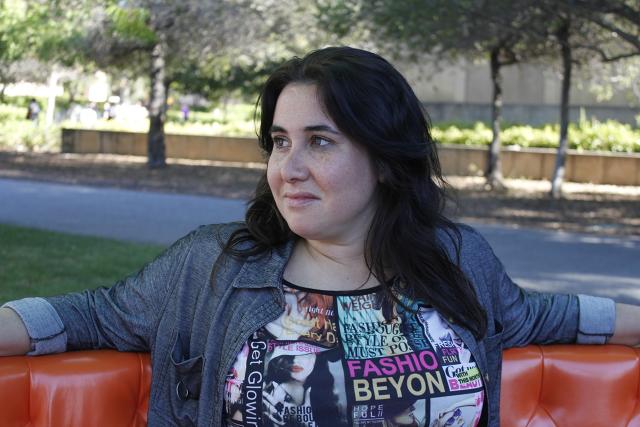
Magdalena Rodriguez, 34
Uruguay
GPSGAY
Hero: Richard Branson. He started from scratch and never studied at university. He’s very good at creating things and promoting them. He’s a master of marketing.
The Dream: We want GPSGAY to become the most used LGBT network in the world.
Early Promise: When I was 19, I wanted to go on vacation, but I didn’t have the money. So I created a brand of potpourri, candles, and soaps. I have a degree in graphic design, so I created this beautiful packaging, with recycled paper. I sold $1,500 [worth of goods] in a week.
How the Global Entrepreneurship Summit helps: We were one of the finalists in the pitch competition. About a thousand people saw me. Plus, the networking and the feedback from mentors and investors are very valuable for us.
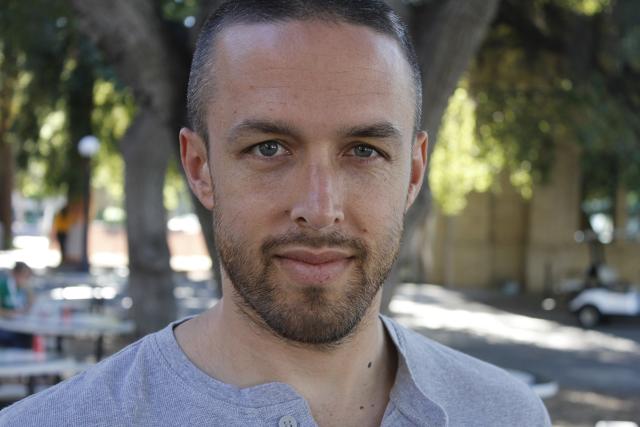
Yusuf Randera-Rees, 33
South Africa
Awethu Project
Notable: The Awethu Project, conceived while Randera-Rees, a Harvard grad, was at Oxford on a Rhodes Scholarship, has incubated over 900 entrepreneurs and includes among its backers Archbishop Tutu, Barclays, and Discovery Holdings.
The Dream: When every entrepreneur in South Africa, who has something in them that they want to express, can do that, without being constrained by a lack of training or a lack of capital. There’s a lot more talent in developing economies than is realized, because people don’t have the resources, capital, and training to realize their potential. But through economic interventions, you can help people realize their potential—and make money.
Motivation: My parents weren’t allowed to be married under apartheid. My father is an Indian guy and my mom a white lady. So [after the end of apartheid], I bought into this idea of a country that was fair—the new South Africa that Nelson Mandela told us about. When I realized, as an adult, how unfair South Africa [still] was, it made me angry, and I wanted to do something about it.

Rachel de Villa, 24
Philippines
Cropital
The Dream: We want the world to be filled with famers who are living in dignity, who are empowered, and who are no longer living in debt. We want to replicate our business model in other developing countries. When I talk to people elsewhere, they say, “We need that.”
On evolving attitudes toward entrepreneurship in the Philippines: Until a few months ago, it wasn’t cool to be an entrepreneur. In my class in college, there were just two or three of us who wanted to start up our own company. Now, though, there are a lot of incubators that are starting to support the startup community.
On being a role model: In a short span of time, I got a lot of opportunities. I was able to make this idea a reality, and I was included in the Forbes “30 under 30 Asia” list. So people see that it’s possible. Now, if they have an idea, even if they don’t know if it’s going to fly, they think maybe they can do it too.
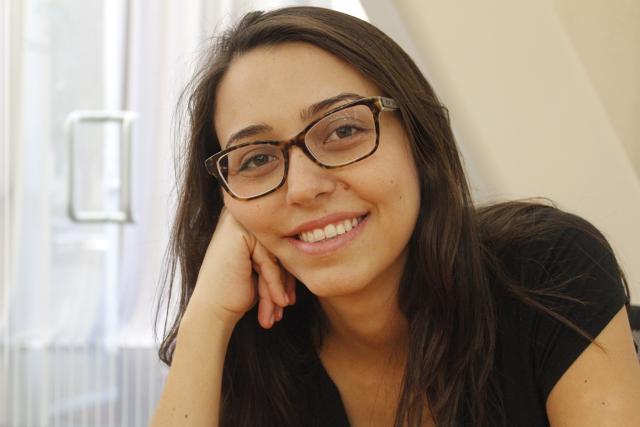
Mariana Costa Checa, 30
Peru
Laboratoria
Bragging Rights: One of MIT Technology Review (Spanish edition)’s Innovators Under 35
The Dream: To build a region that taps into its talent no matter where that talent is born. Today, in Latin America, there isn’t equality of opportunity. If you’re born poor, chances are you will end up poor. At Laboratoria, we’re trying to break that cycle by taking advantage of the growing tech sector. We’re providing a path for young women to escape the low-paid, low-skilled trap and do jobs that can be transformational and that can give them everything they need to build the future they want. And at the same time, by being part of growing the tech sector, we’re pushing our economies forward.
Sending it north: We often think that things go from here [the U.S.] to there [Latin America], but I’m convinced that many things can go from there to here. The program we’ve developed is a very powerful methodology that could be completely applied here to serve many low-income communities.
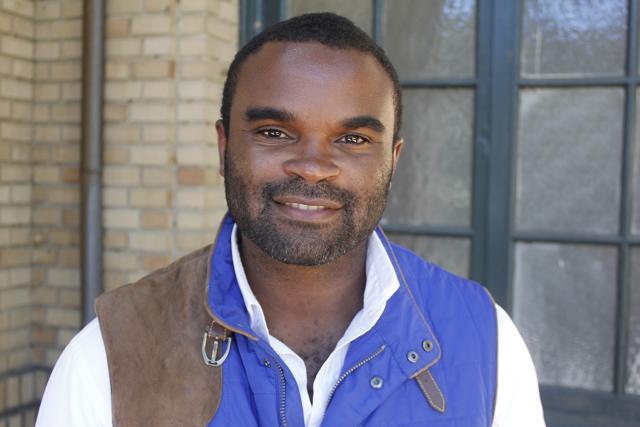
Euler Bropleh, 34
Liberia
VestedWorld
Former: Corporate transactions lawyer with Latham & Watkins and Vedder Price
The Dream: Our goal is to increase the flow of capital into emerging markets. Kiva was one of my inspirations. Over the last 10 years, Kiva has poured $800 million into developing countries. I’ve always thought that if Kiva was a for-profit, they would have done 10x what they were doing. So 10 years from now, I would be ecstatic if I could say we’ve achieved Kiva’s number, and even more if I could say we’ve done 10x better.
What Silicon Valley investors are missing about opportunities elsewhere: Because Silicon Valley is synonymous with technology, people think all startups have to be a tech business or technology-enabled. This perception gap prevents them from seeing that there could be other opportunities. There’s this company in Nigeria that makes cement. Cement is a commodity business, and here [in the U.S.], cement makes 2% margins. But in Nigeria, and the other places where this company operates, they’re making 55% margins, and they control 60-70% of the market. The guy who runs it is a billionaire, and he’s not building a tech company.
Editor’s Note: Quotes have been edited for length and clarity.
Fast Company , Read Full Story
(21)

